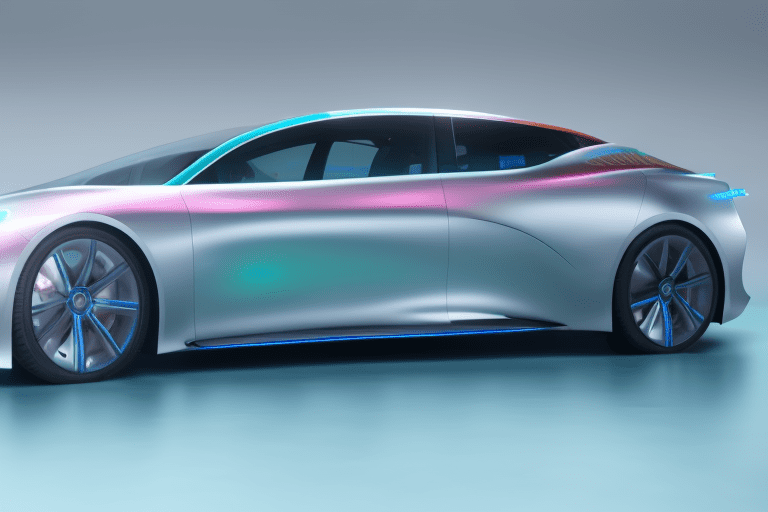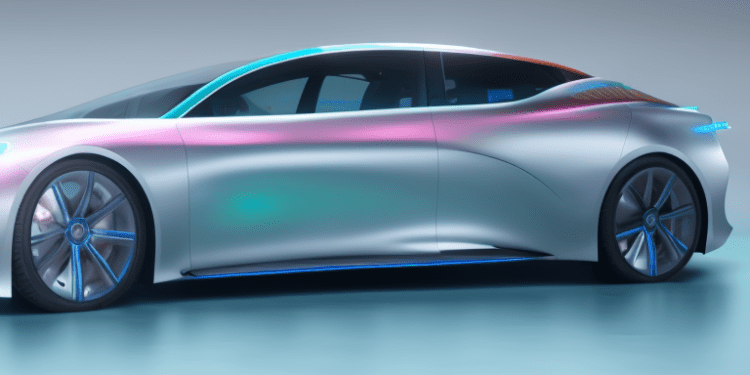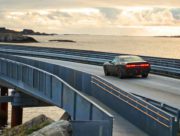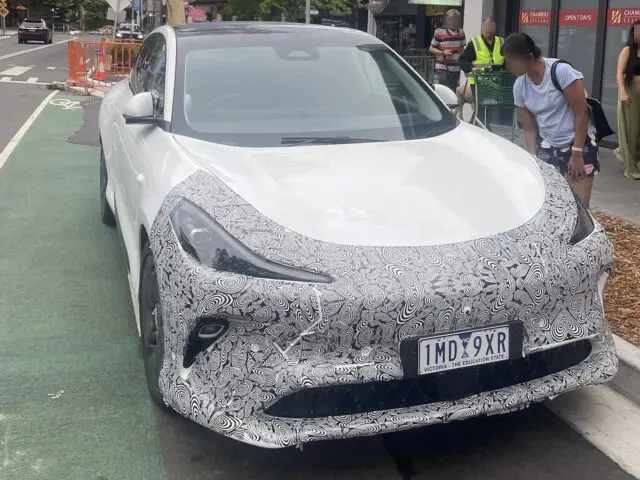Global sales of battery electric vehicles (BEVs) surged in 2022, with 7.89 million units sold worldwide, a 67.8% increase from the previous year. This growth was largely driven by Chinese manufacturer BYD, which narrowed the gap to Tesla in the race to become the top selling EV brand in the world.
According to research released this week by TrendForce, the total market for New Energy Vehicles (NEVs), including BEVs, plug-in hybrids, and hydrogen fuel cell vehicles, jumped 63.6% to more than 10.6 million in the past year. Sales of PHEVs similarly increased by 50.8% to 2.74 million units, and TrendForce forecasts the total NEV market to grow to more than 14.5 million in 2023.
Tesla remained the top BEV brand by vehicle sales in 2022, but its market share slipped to 16.6% as BYD increased its share to 11.5%. BYD’s success was largely due to its popular Dolphin EV hatchback, which accounted for 23% of BYD’s BEV sales in 2022 due to its focus on affordability. BMW entered the top 10 group for the first time, while Ora XPeng, and Renault were pushed out.
TrendForce also highlighted the steadily improvement in vehicle production, with the effects of the COVID-19 pandemic finally beginning to tail-off matched with increasing consumer demand for EVs. However, global inflation, rising interest rates, and corporate layoffs could impact consumer confidence during 2023.
FAQ
Q1: Are electric car batteries recyclable?
A1: Yes, electric car batteries are recyclable.
Q2: Are electric car chargers free?
A2: It depends on the charger and the location. Some electric car chargers are free, while others may require a fee.
Q3: Can electric car batteries be rebuilt?
A3: Yes, electric car batteries can be rebuilt with the right tools and knowledge.











